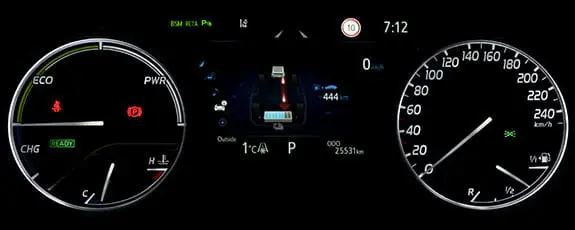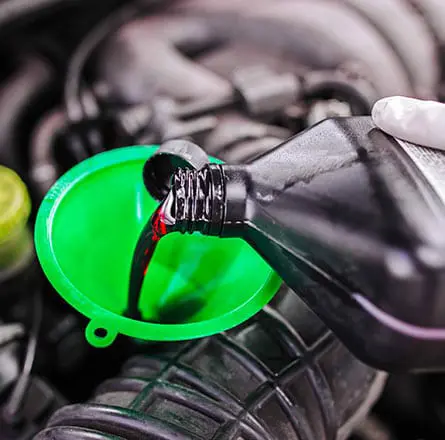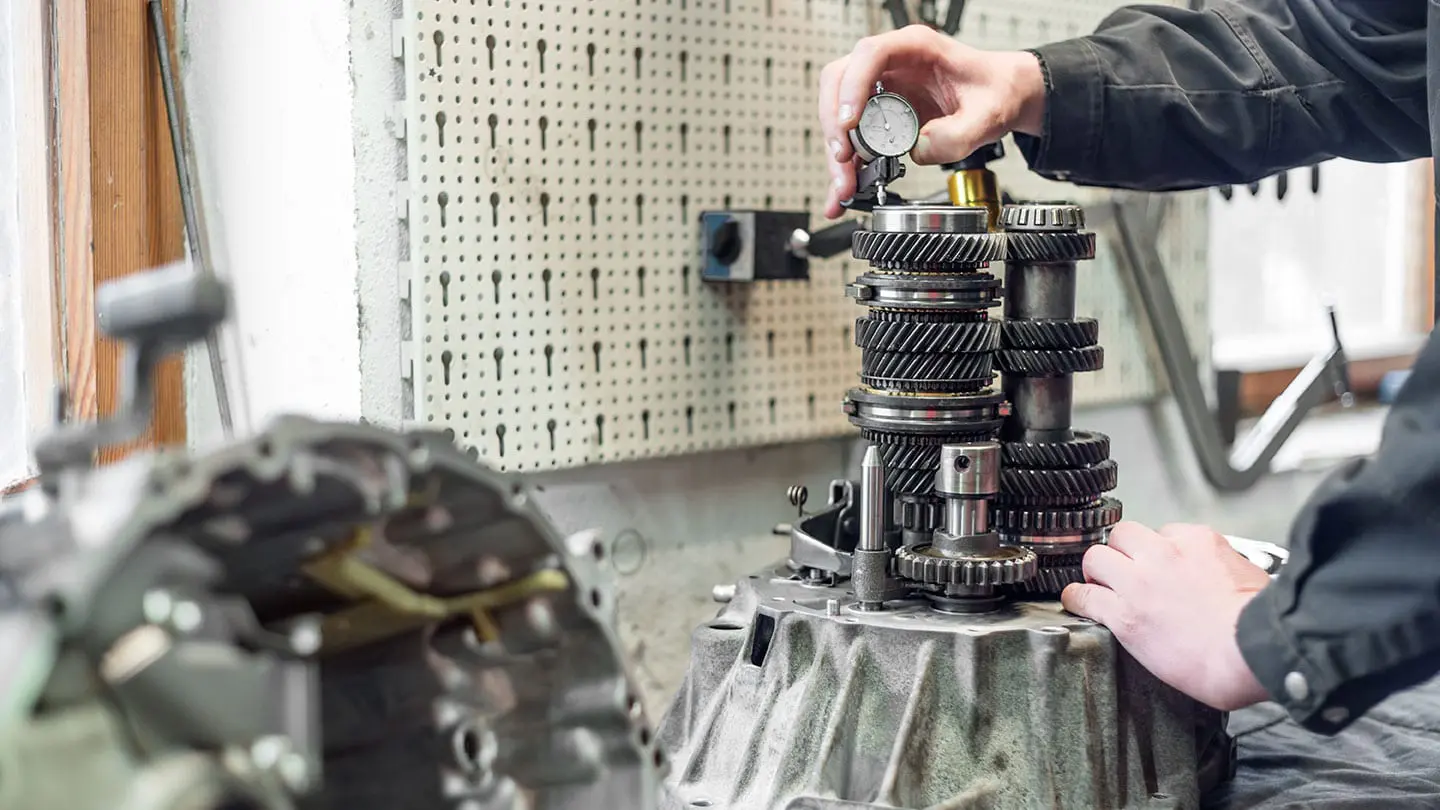A Brief Guide To Your Transmission Temperature Gauge in Collinsville, IL
Whether you’ve got an automatic or manual transmission, your transmission is one of the most important parts of your vehicle. Without this crucial part, you couldn’t switch between gears to allow your vehicle to gain power and speed. As is the case with every part of your vehicle, part of taking care of your transmission is making sure it’s not getting too hot while you’re driving. The good news is, your automatic transmission comes complete with a temperature gauge that makes it easy for you to keep an eye on the temperature of your transmission at all times. This can limit the chance of transmission repair in the future.
Transmission Fluid
The first thing you need to understand when it comes to the temperature of your transmission is the transmission fluid. Automatic transmissions have a lot of individual moving parts inside, and those moving parts need to be lubricated in order to work properly. Not only does this lubrication prevent wear and tear that can make your transmission fail faster, it also helps prevent friction which can greatly increase the temperature of your transmission.

Transmission fluid is a lot like oil, which means its physical makeup changes depending on the conditions. When temperatures are normal, your transmission fluid is at its optimal viscosity. Low temperatures make transmission fluid a little bit thicker. The biggest problem is when your transmission fluid gets too hot, as this will cause it to thin out and lose its lubricating properties. Aside from increasing wear and tear on transmission parts, this can also cause transmission overheating.
In addition to maintaining a proper transmission fluid temperature, you also need to make sure you’re keeping that fluid clean. According to most experts, you should have your transmission fluid flushed and replaced every 30,000 to 60,000 miles, although manufacturer recommendations vary.
Transmission Temperature
As we mentioned previously, there are a lot of small parts in your transmission that allow it to do its job. These small parts are what are most susceptible if you let your transmission get too hot. A lot of transmission problems start with parts that fail because they got too hot.
Ruptured seals and cracked gears are two of the most common problems with transmission overheating. Even though metals are only designed to get so hot, and they can crack or warp when they go beyond their ideal temperature range. Seals are even more vulnerable because of their size and the material they’re made out of. When either one of these parts cracks or breaks, you have a serious transmission problem on your hands.
Letting your transmission fluid get too hot can also result in slipping bands, bearing problems, and a delay in how quickly your clutch engages. If you notice your transmission acting a bit strange accompanied by a burning smell, you should visit a Collinsville, IL, mechanic right away to have your transmission checked out. Not only is driving with a bad transmission dangerous, it can also cost you a lot of money if you end up needing transmission repair.

Managing Your Transmission Temperature
This wouldn’t be a complete transmission temperature guide if we didn’t talk about your transmission temperature gauge. Your transmission temperature gauge is responsible for alerting you when your transmission gets too hot, preventing crucial transmission problems in the process.
Transmission temperature gauges work by measuring the temperature of the transmission fluid. Since the transmission cooler is designed to keep this fluid cool so it can absorb heat from your transmission, making sure the fluid is at the right temperature is crucial. If you notice your transmission running even a little bit hotter than it should, you might want to take your car to a mechanic and have them check on it.
Another thing to keep an eye out for when it comes to transmission problems is some of the warning signs. For example, you might notice strange sounds when your car shifts gears or your transmission may slip from one gear to the next. You might even smell a burning smell after you’ve been driving for a while. If you notice any of these signs while you’re on the road, it’s best to have a mechanic take a look at your transmission.
Transmission Repair Professional Help
Taking care of your transmission is no small task, but having a good mechanic helps simplify things. At Marshall’s Transmission Service in Collinsville, IL, we can help you maintain your transmission so you don’t have to worry about it overheating. Whether you need a transmission fluid exchange, a new temperature gauge, or a complete transmission rebuild, we can help.




